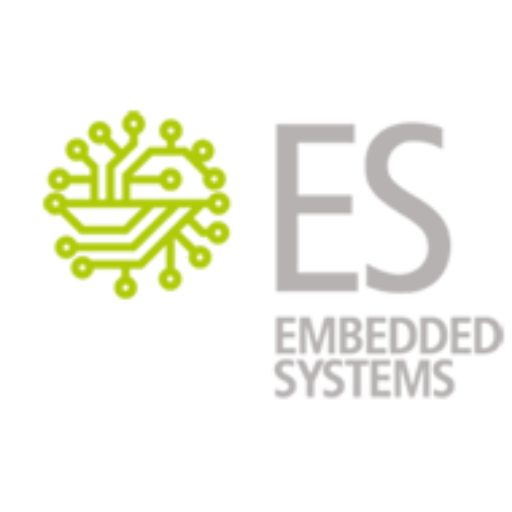The unavoidable increase in the complexity of systems means that there must be a suitable boost in the capability of safety engineers to maintain safety levels.
ESACS intended to develop an environment and a safety method to help safety engineers in the assessment of complex systems, so that there will be no detriment to the safety of systems due to their increase in complexity.
This implies a positive effect on the environment. The ability to at least maintain safety levels ensures that the situation is appropriate for the protection against an increase in possible incidents or accidents and hence environmental damage. Significant environmental savings that may be gained, as a consequence of using this enhanced safety assessment environment and method, lie, for instance, in the areas of petroleum refineries, chemical plants, and in the nuclear energy sector.
The safety issues dealt with in the ESACS project are related to certification aspects, hence there could be an impact on standards, e.g. resulting in a refinement of ARP 4754 in addressing complex systems development.
The ESACS approach, drawing on the use of formal methods, virtual prototyping and simulation, and formal verification engines, is now in the prototype stage, but has the potential to become a common practice applied to the whole system engineering process and related discipline in the future.
General Info:
Partners:
- Alenia Aeronautica S.p.A. (project co-ordinator)
- Airbus France
- Airbus UK
- Airbus Deutschland
- Saab AB
- Societa' Italiana Avionica
- FBK
- Office National D'Etudes et de Recherches Aérospatiales
- Kuratorium OFFIS e.V.
- Prover Technology AB.
